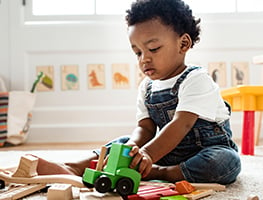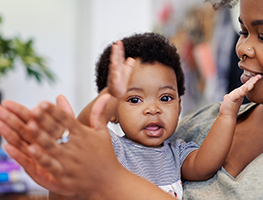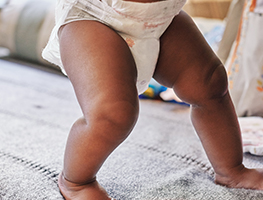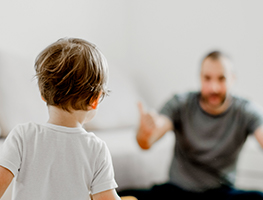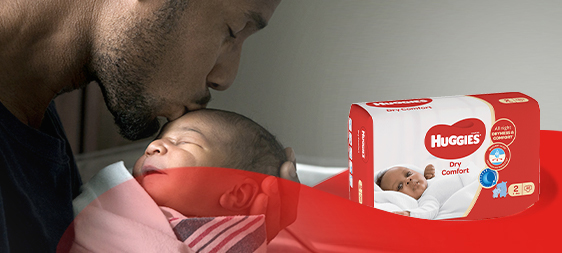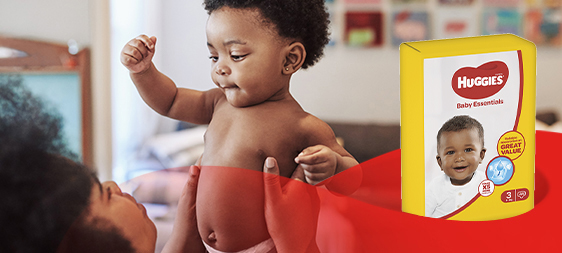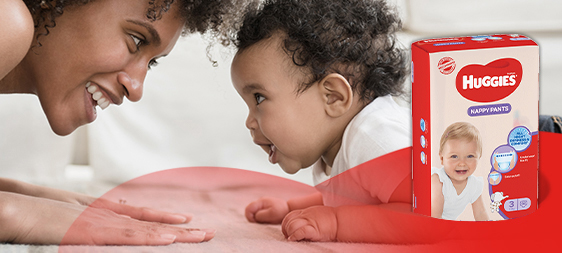Both indoor and outdoor play experiences are important for children’s development. While recent research has shown a decline in the number of children engaging in active outdoor play, it is critical to your child’s healthy development.
Outdoor areas are ideal places for children to engage in messy play with sand, water, paint, and other arts and crafts activities. The outside playground offers a much wider variety of natural materials to stimulate the senses. Toddlers and pre-schoolers will enjoy playing with dirt, leaves, bricks, rocks, bark, water, plants and flowers.
Splash pools are great for water play; your toddler will enjoy splashing and kicking and you can include cups and containers of different shapes and sizes for stacking, scooping and pouring. Bubble machines are also great for developing spatial awareness, as your child excitedly attempts to catch bubbles floating through the air.
As children move into the pre-school years (2-5 years), they:
Engage in more active play
Are learning to use wheeled toys
Enjoy climbing large playground equipment
Also enjoy playing with balls, bowling sets, skipping ropes, and racket games
The outdoors presents more opportunities for children to engage in active play, and is important for the development of key motor skills such as running, balancing, chasing, throwing and catching.
Active outdoor play:
Has many health benefits
Enhances your child’s fitness
Reduces the chances of obesity
Promotes general well-being
Offers children opportunities to explore their environment in relation to themselves and create their own places for play
Allows children to engage in imaginative play experiences with both realistic (e.g. tents, clothes lines, trucks) and symbolic (e.g. cartons, logs, rocks) props
Outdoor play spaces are great for those times when children need to play games that involve lots of noise, as well as non-violent rough-and-tumble play. Use these opportunities to talk to your child about “inside” and “outside” voices and the different volumes that go with these!
Outdoor active play can be intensely stimulating and creates opportunities for children to learn about and develop self-control. Research has shown that popular children are more likely to engage in high levels of physical play with peers. Unpopular children, on the other hand, seem to experience difficulty with the intensity of physical play and often become over-stimulated and “out-of-control”.
By playing actively with your child, you are not only promoting good health and physical development, but you are providing them with the opportunity to develop essential skills that will help them in their social interactions with their peers.






